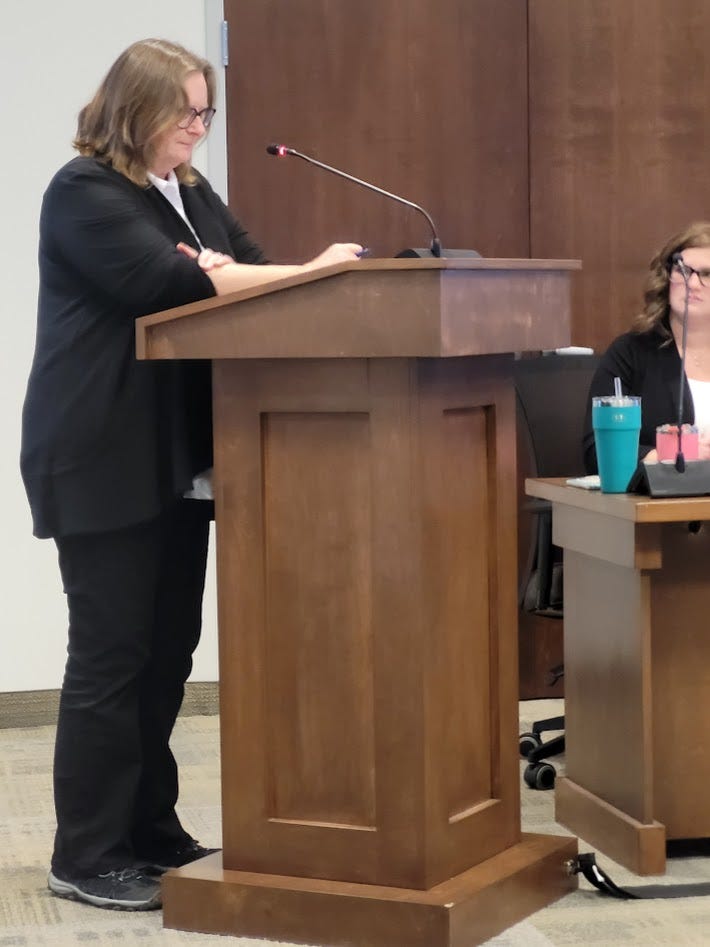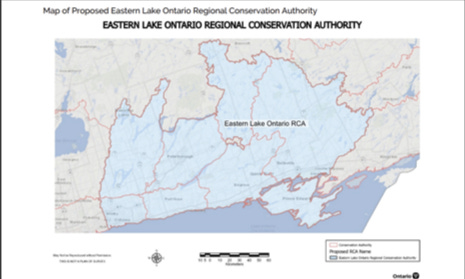Mayhem or opportunity?
Council discusses impact of province's changes to conservation authorities
Premier Doug Ford’s plan to restructure the conservation authorities system is either a recipe for mayhem or a rare opportunity to embrace positive change.
Those opposing views of the new reality were on display Tuesday morning during the Trent Hills council meeting. Councillor Gene Brahaney, who is also chair of the Lower Trent Conservation Authority and one of council’s representatives on that group, fears the changes imposed by Premier Doug Ford will create mayhem.
At the other end of the spectrum is Deputy Mayor Mike Metcalf, who represents council on the Crowe Valley Conservation Authority and the Otonabee Region Conservation Authority. He urged fellow councillors to realize that change is coming and to seize the opportunity to ensure the new system allows local input.
“This is going to happen and we need to make it work to the benefit of the local authority,” Metcalf said. “We need to get onboard.”
I wrote earlier this month about the planned consolidation of the 36 existing conservation authorities into seven regional bodies. The province said the goal is to standardize how development applications are handled, eliminating wide variations in approaches under conservation bodies that are funded and managed locally.
Trent Hills will become part of the Eastern Lake Ontario Regional Conservation Authority, which includes watersheds draining to eastern Lake Ontario and the Bay of Quinte, including the Trent and Cataraqui systems. The three authorities that currently cover parts of Trent Hills will be folded into the regional body, along with four others. It will cover 48 municipalities.
Until Dec. 22 the province is accepting comments and suggestions on the Environmental Registry about the new boundaries and some other elements of its plan. In its description of the changes it says, “under consolidation the new regional conservation authorities would remain independent organizations operating with municipal governance and oversight.”
But each new regional authority will cover dozens of municipalities, meaning there is no way each will have membership on the governing boards. It’s also unclear how the new regional groups will be financed. The new Ontario Provincial Conservation Agency will mandate use of standardized, high-tech online solutions that most existing groups have not been able to afford. There has been no promise of provincial funding to help the new regional bodies.
Council’s discussion was prompted by the appearance of Rhonda Bateman, Chief Administrative Officer of the Lower Trent agency, who outlined its plans for its 2026 budget which will cost Trent Hills $267,535, about 10 per cent more than the $243,350 it paid this year.
After some discussion, councillors said they had no objections to the increase but wondered what will come next. The province plans to make its changes effective once the current municipal terms expire at the end of 2026.
Bateman said the province could simply order the existing conservation authorities to standardize their operations without forcing consolidation and governance changes. She argued this would be cheaper and would retain local control.
Metcalf asked why authorities hadn’t standardized their fees and orders in the past, if it was that simple.
“If conservation authorities were willing to get that consistency, why hasn’t it happened already?” Metcalf asked.
“There was no mandate to do that,” Bateman replied.
“There are a lot of things that can be consistent and a lot of things that are locally driven and need to be locally driven,” she said. “There have been local decisions made at each conservation authority on how they handle different aspects of different programs and that is where the inconsistency lies.”
Metcalf said the Otonabee and Crowe Valley authorities have agreed to work within the new system, whatever it brings. Bateman said Lower Trent’s board will soon issue a statement opposing the approach.
You can read all Trent Hills News stories anytime on the website.




